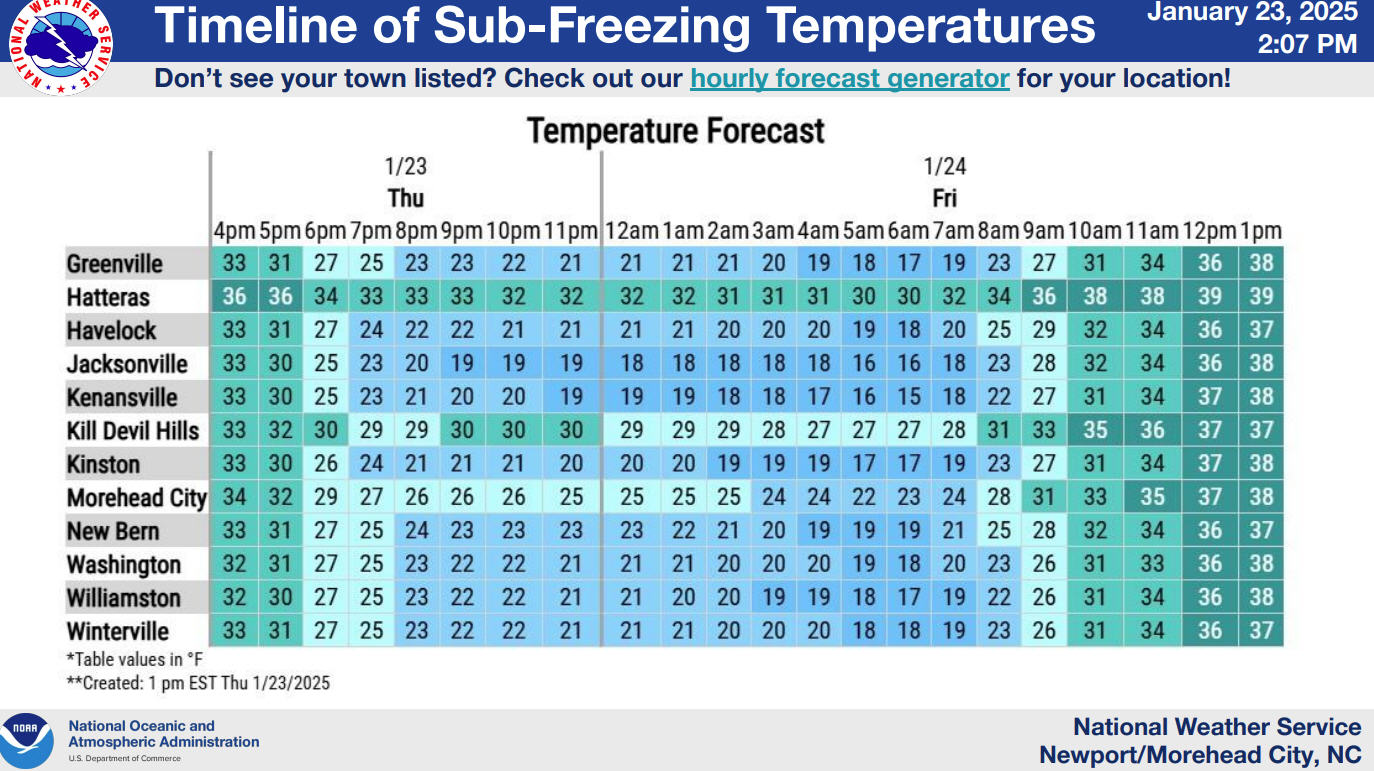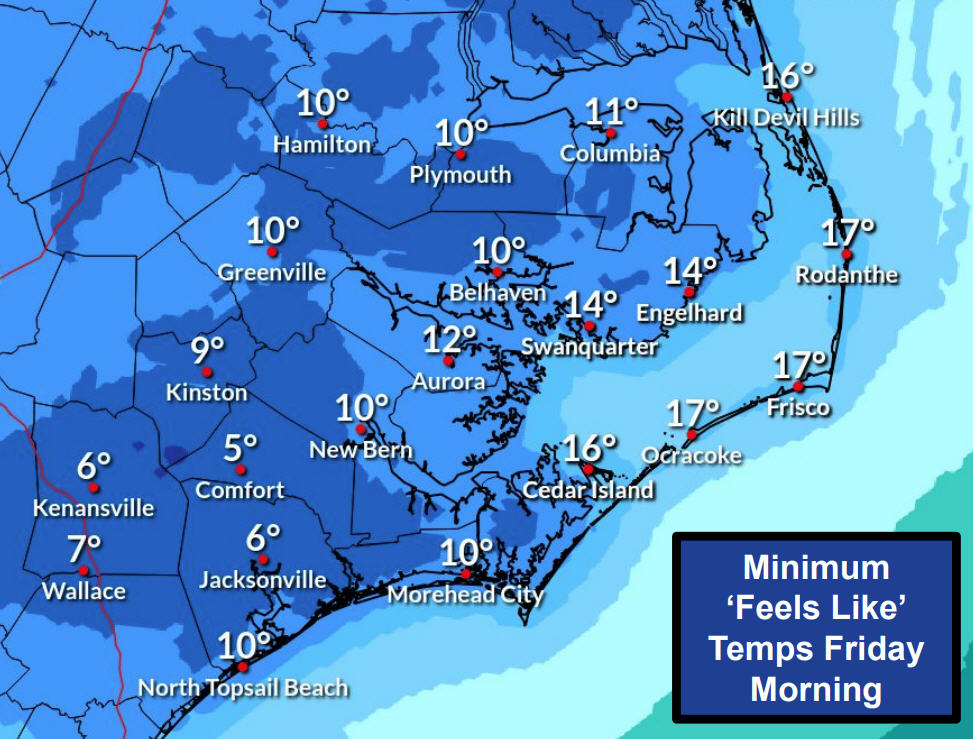Supporting HR 4119 is supporting your community pharmacies
(Editor’s Note. This commentary was written by the Association of Community Pharmacists Congressional Network about HR 4119, which was introduced into the House of Representatives by Rep. G.K. Butterfield, D-N.C., last year. It is co-sponsored by 31 other congressmen, including Rep. Walter Jones, R-N.C., who represents Dare and Hyde counties.)
The Association of Community Pharmacists Congressional Network (ACP*CN) is challenging Congress to confront the pharmacy benefit management (PBM) industry’s hidden fees and abusive practices. According to ACP*CN, PBMs are the primary source of inflated prescription costs and rising patient anger.
“Members of Congress need to address the secret PBM practices that pharmacies in their districts have uncovered—PBM corporations are underpaying local pharmacies, misusing confidential patient information, and hiding money owed to taxpayers,” stated Mike James, ACP*CN vice president for government affairs. “The time for comprehensive congressional action is overdue.”
ACP*CN has helped thousands of pharmacy owners across the nation provide evidence to members of Congress that PBMs underpay local pharmacies for prescriptions and then hide the underpayments from insurers and government plans to inflate PBM profits. The pharmacies have also provided evidence that PBMs are taking patient data from community pharmacies and using it to send threatening letters to their patients. This forces patients into PBM-owned pharmacies and mail-order programs instead of local pharmacies patients prefer.
ACP*CN encouraged congressional leaders to introduce HR 4199, the “Pharmacy Bill” that will end these practices.
The bill will place greater emphasis on use of generic drugs, local pharmacies, and other significant cost-containment measures to reduce prescription costs for taxpayers and consumers by more than $250 billion over 10 years, according to a report for ACP*CN by a former analyst of the Congressional Budget Office. Mark Merritt of the Pharmaceutical Care Management Association (PCMA) responded to the study by claiming the bill will cost taxpayers $186 billion, and by telling Congress that pharmacists in local communities are overpaid.
“The typical pharmacy in a local community cares for hundreds of patients daily and earns a few pennies on the dollar after paying for inventory, rent, salaries, and other expenses,” according to James. “By comparison, Mark Merritt earned over $1.2 million in 2009 for adding zero-value to patient care. Members of Congress can decide for themselves who to trust and who is overpaid.”
PCMA has announced a multi-million dollar campaign to defeat HR 4199, and has dispatched lobbyists to meet with members of Congress in Washington. As a result, ACP*CN is encouraging pharmacists to provide their U.S. Representatives with “Three Questions for the PBM Lobbyist Sitting in Your Office.”
•Why have 60 of the nation’s largest employers recently dropped their PBMs or forced them to disclose their drug acquisition costs? Answer: According to one of the companies (Caterpillar), “There was a great deal of waste inherent in a system that uses PBMs as middle men” (as reported in CFO.com).
•Why is the House Committee on Oversight and Government Reform pushing a bill to eliminate PBMs from the Federal Employee Health Program? Answer: According to Chairman Steven Lynch, D-Mass., “Federal employee plans (with PBMs) pay substantially more for drugs than other agency programs,” and “even Costco and Drugstore.com offer better prices for drugs” (June 24, 2009).
•Who helps taxpayers save more money, PBMs or local pharmacies? Answer: According to a recent report by Wolters Kluwer Health Source Pharmaceutical Audit Suite, community pharmacies dispense lower-cost generics to fill 67 percent of all prescriptions compared to 49.6 percent by PBMs. According to congressional testimony on June 24, 2009 by Pharmacy Outcomes Specialists, “PBMs often get large rebates, as much as 50 percent, from drug manufacturers that are never passed back to the plan sponsor.” According to the U.S. Office of Personnel Inspector General, “PBM contracts…make auditing them almost insurmountable” (June 24, 2009).
FOR MORE INFORMATION
For more information on the Association of Community Pharmacies Congressional Network and for information on contacting your congressmen to support HR 4199, go to
http://www.acpcn.org/
To read HR 4199, go to
http://thomas.loc.gov/cgi-bin/bdquery/z?d111:HR04199:@@@P






















